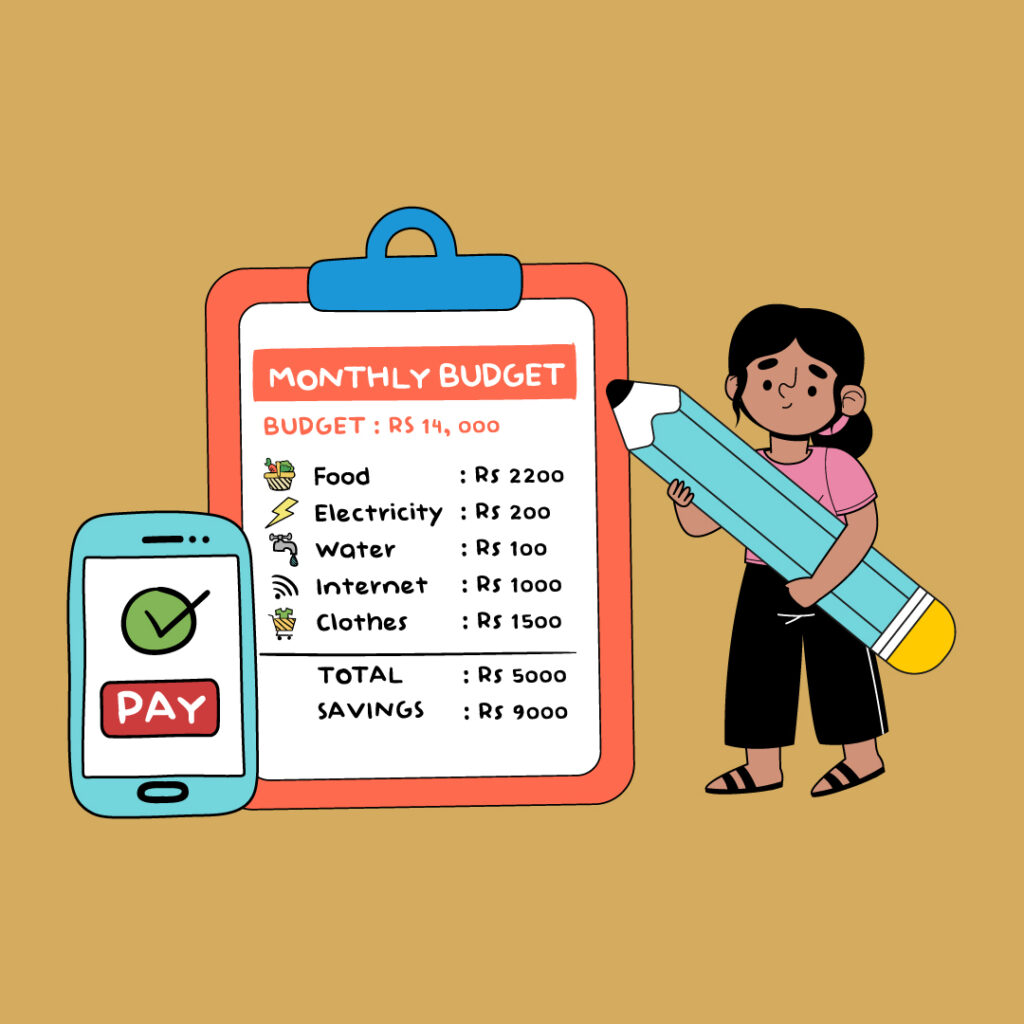Copyright © Financial Services Commission, Mauritius. All rights reserved
Home » Money Essentials » Debt and Credit Management
If not managed properly, it can grow out of proportion. If we have limited money, we have to prioritise or we will fall in the debt trap.
Prioritising means to pay for the essentials (rent, food, utility bills) first. If someone is paying too much for debt, s/he cannot afford essentials and has to resort to credit to pay for groceries, that person is getting into deeper trouble every month.
An acceptable level of debt is when someone can pay her/his full instalment at the end of each month without cutting down on his basics needs. Always remember to pay off the debt with the highest interest rate first.



Credit Finance is a licensable activity under Section 14 of the Financial Services Act 2007. The FSC Mauritius regulates credit finance providers. A Credit Finance provider can be defined as an entity providing loans and credit facilities to customers to purchase goods (for instance). This includes purchase of consumer goods. The duration of the loan is usually up to a maximum of 4 years. The minimum capital requirement is MUR 10 million.
This is an agreement between a buyer and a seller. The buyer receives the goods or services after the seller or credit provider has paid for it. In return, the buyer pays the credit provider over time and with interest.
There are certain things to know when using credit finance
There are certain conditions associated with Credit Finance.
A Credit Finance company shall ensure that, prior to granting loans or other facilities to potential clients, the latter’s collateral (wherever applicable) and credit worthiness be properly assessed by the company. The willingness and ability to repay shall be a significant condition in assessing a potential client.
Other conditions are:
A Lease is an agreement between two parties for the hire of an asset. It is a contract between two parties where one party (the lessor) pays for the asset (the leased asset) for usage to another party (the lessee) for a specified period of time (the lease period) in return for specified payments (lease payments or rentals). ‘Liens’ are often placed on the assets during the lease period.
Lease can be finance lease or operating lease.
At the maturity of the Leasing contract (finance lease) the ownership of the leased asset is transferred to the lessee at a cost. As opposed to a finance lease, ownership in an operating lease is not transferred to the lessee (or user of the asset).
Leasing companies have to comply with the relevant laws and their licensing conditions.
A Lease Agreement or contract, as a minimum, should cater for certain contractual issues and should be explained to the lessee carefully.
The Code Civil Mauricien provides for the legislation surrounding finance and operating leases.
The lease period should be well defined. The Leasing company should also explain to the customer that it can recover funds from him, if the latter fails to keep the asset in fair condition, impairs its quality or fails to make payments as defined under the lease agreement.
In case of default or other contractual violations by the lessee, the company can also repossess a leased asset.
A Lease Agreement can be cancelled in case of default in payment, impairment to property or failure to perform major repairs as per the Lease Agreement.
Share this page